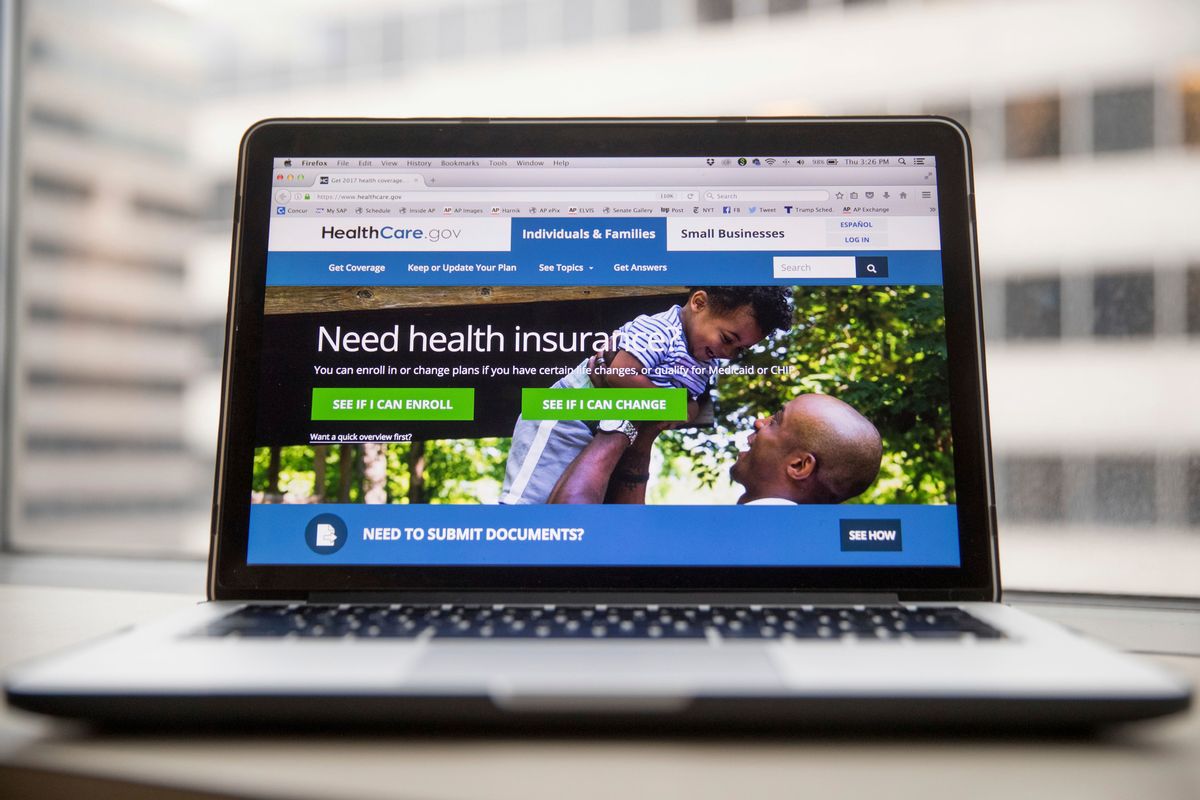2. Fundamental changes to the health care system could be stymied
The impact of eliminating the ACA could be felt well beyond those people who are the direct beneficiaries of the law.
Gail Wilensky, who ran the Medicare and Medicaid programs under President George H.W. Bush, said such a change “would be very disruptive because so much [of the ACA] has affected the way health care is organized and delivered and the way insurance is provided.”
For example, said Rosenbaum, the increase in coverage meant that “suddenly it became possible for health care systems to care for, by and large, an insured population.”
Previously many hospitals, doctors and other health providers spent considerable time and effort figuring out how to treat those without insurance and not go broke.
After the ACA kicked in, these providers began to worry less about whether they would get paid, and the federal government started pushing them to create new efforts aimed at improving the quality of care.
Those include measures basing some federal payments on patient outcomes rather than each individual procedure performed and strategies to improve health across the population through initiatives like improving the availability of healthful food, bicycle paths and preventive care.
If millions of people lost insurance, she said, those health providers “would have to go back to wondering how they will be able to pay their bills.”
3. Medicare and Medicaid would be dramatically altered
The popular Medicare program — which covers an estimated 60 million seniors and people with disabilities — was a major focus of the ACA.
Elimination of the law would take away some popular benefits the law conferred — everything from free preventive care to the closing of the “doughnut hole” in Medicare’s prescription drug coverage. The doughnut hole refers to a coverage gap that had previously exposed large numbers of beneficiaries to thousands of dollars in drug costs.
The law also changed the way Medicare paid for hospital, home health and outpatient care. Many current payment policies are based on authority provided by the ACA, and if it went away, Medicare would have to rewrite those payment regulations. Millions of beneficiaries belong to accountable care organizations that were created under the health law, and it is unclear how their care would be affected.
The biggest change in the Medicaid program would be the elimination of the expansion of coverage. Loss of the ACA would also roll back a 23-percentage-point boost in Medicaid prescription drug rebates, which has saved states billions of dollars, according to Cindy Mann. She ran Medicaid under President Barack Obama and is now a partner at the health consulting firm Manatt Health.
The ACA required states to calculate Medicaid eligibility differently — changing what counts as income — so all the work states did to alter their information systems would have to be recalculated, she said.
4. Wide array of health programs at risk
Shorthand descriptions of the health law often stop at its provisions providing consumer protections and expanding Medicaid. But the ACA included sweeping changes to other parts of the health system that rarely get mentioned.
For example, it created the first pathway for Food and Drug Administration approval of generic copies of expensive biologic drugs, by incorporating the Biologics Price Competition and Innovation Act of 2009. Biologic drugs are more difficult to reproduce than other types of medications.
Also hitching a ride on the ACA was a long-delayed bill providing permanent spending authority for programs provided by the Indian Health Service, which serves Native Americans.
And the law included a series of grant programs to help train more health professionals who would be needed to treat the millions of newly insured Americans.
All those programs would be thrust into doubt by invalidating the law.
Loss of the ACA also would impact a popular program that predates Obamacare: the Health Insurance Portability and Accountability Act, or HIPAA.
The ACA’s protections for preexisting conditions — banning insurers from charging people with health problems higher premiums or refusing to sell to them altogether — built on similar protections for people with employer insurance. Congress included those protections in HIPAA, which was enacted in 1996. And far more people are touched by HIPAA than by the ACA, because far more people get health insurance through their employer than the individual market.
However, when Congress wrote the ACA, it incorporated HIPAA safeguards into the preexisting condition provision. That means if the ACA is struck down, the HIPAA protections might disappear as well.
5. Even the Trump administration’s health agenda could be compromised
President Donald Trump has railed against the health law, but his Department of Health and Human Services has a priority list that relies in some significant ways on the continued existence of the ACA.
For example, efforts to address the opioid epidemic — one of the administration’s top health challenges — could be seriously set back if the Medicaid expansion were to end. Medicaid is the largest single payer for mental health and substance abuse problems.
Much of the president’s efforts to limit drug prices flows through the Center for Medicare & Medicaid Innovation (CMMI), which was created by the ACA and would lose its legal authority if the law became invalid.
Similarly, the administration is using this center to pursue “bundling” payments for certain surgical procedures to try to get more value for dollars spent.
KHN senior correspondent Phil Galewitz contributed to this story.



Shares